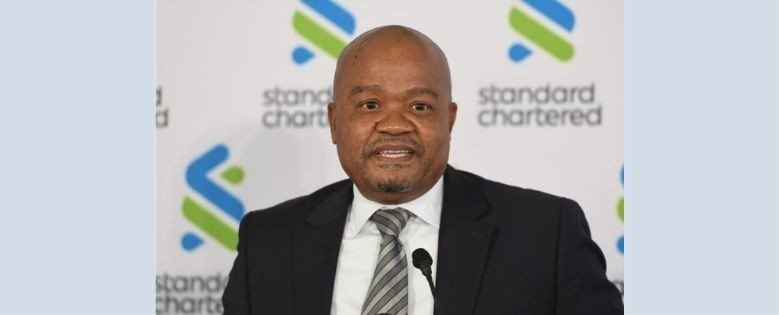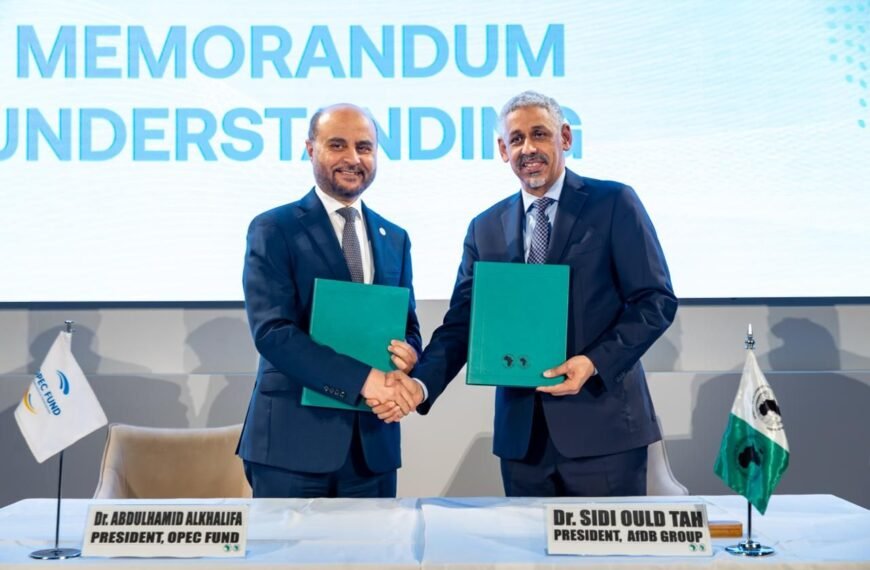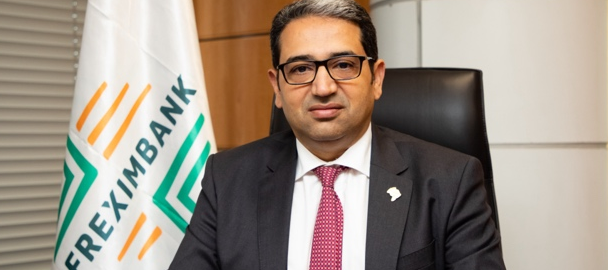

IFC invests new Sh55 billion in Kenyan companies
The International Finance Corporation has invested an additional $459.8 million (Sh55.6 billion) in Kenyan companies, cementing its position as the largest provider of capital to local firms.
The institutional investor says in its latest annual report that its cumulative investments in Kenyan companies rose to $4.1 billion (Sh497 billion) in the year ended June.
This was an increase from $3.6 billion (Sh442 billion) the year before. Banks, manufacturers, insurers, and real estate developers are among the entities that have benefitted from IFC’s backing in the form of loans and capital subscriptions.
The number of companies supported by the IFC rose to 143 in the review period, up from 138 a year earlier.
The global financier, which is part of the World Bank Group, also participated in offering loans and guarantees to local financial institutions to the tune of $267.2 million (Sh32.3 billion) in the year ended June, helping to spur lending to the private sector.
This marked an increase from $168.9 million (Sh20.4 billion) of such participation a year earlier. Altogether, IFC’s local commitments in Kenya rose 14.6 percent to $4.3 (Sh530 billion) from $3.8 billion (Sh462 billion).
Some of IFC’s recent activities in Kenya are the purchase of a 6.7 percent stake in Equity Group for Sh14 billion. The institutional investor also sold its minority stake in supermarket operator Naivas Limited after more than doubling its two-year investment of $15 million (Sh1.8 billion).
IFC has become the biggest lender to local banks that in turn use the funds to boost their capital and expand lending including categories prioritised by the global financier such as climate-friendly projects and women-owned businesses.
For the local banks, these IFC loans help to augment their capital for onward lending to small businesses, with a significant amount coming in when the Covid-19 pandemic hit Kenya in March 2020.
Equity Group accounted for the largest share of these loans at Sh38.9 billion, which it took for its Kenyan and Democratic Republic of the Congo subsidiaries by the end of last year.
KCB Group and Co-op Bank carried IFC loans worth Sh27.9 billion and Sh17.9 billion respectively by the end of last year, while loans to DTB and NCBA stood at Sh6.35 billion and Sh814 million respectively.
The foreign currency loan also builds up these banks’ forex positions —just like the government’s external borrowing bulks up official forex reserves— which allows them to support businesses that import products or raw materials.
The tenor of these loans is also an important factor for the banks, allowing them to offer smaller businesses longer credit terms.
Equity’s IFC loans, for instance, were pegged at rates of between 1.9 percent and 5.6 percent above the benchmark US dollar Libor (London Inter-Bank Offered Rate).
KCB’s borrowings are pegged at between 3.5 percent and 5.3 percent above Libor.
The facilities will, however, need to be repriced now that the Libor benchmark has been phased out.














